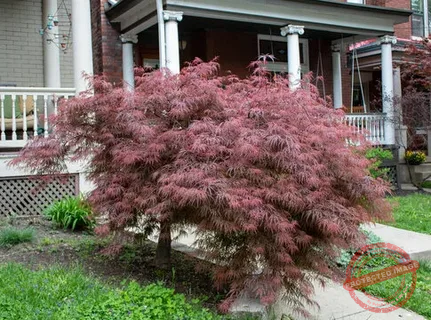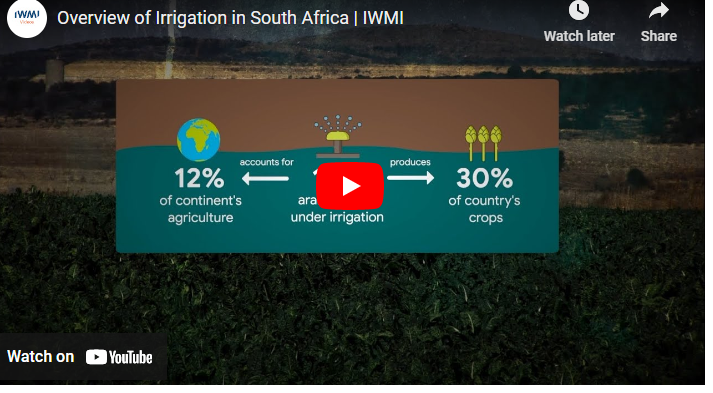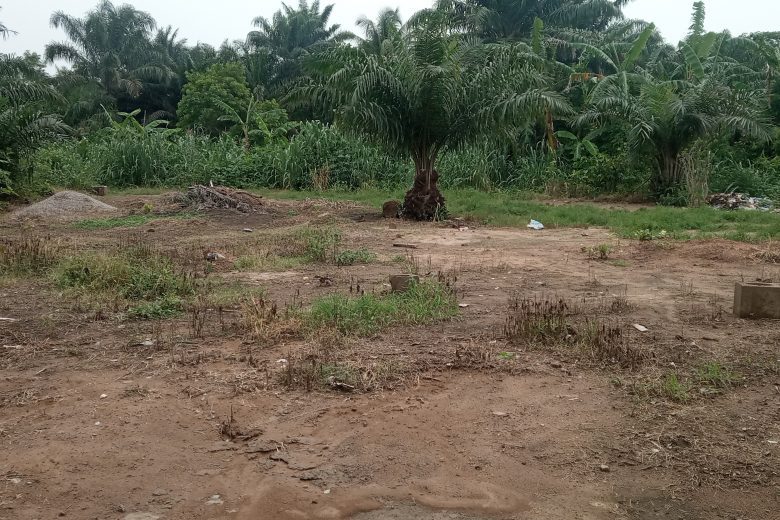Ghana is a West African country known for its rich soil and growing conditions, making it an ideal place for growing beans. Beans are a staple crop in the country, providing a valuable source of nutrition for the people of Ghana.
For optimal growth and productivity, the soil in which beans are planted must be properly nourished with fertilizer. There are many types of fertilizer available on the market, and choosing the best one for beans in Ghana can be a challenge.
15 Best Fertilizer For Beans in Ghana
#1. Natural Decomposition
Beans benefit greatly from the slow-release nutrients in organic compost. The ingredients range from discarded food and yard waste to grass and leaves. Soil health-supporting microorganisms and fungi can be found in abundance in compost.
Read Also: 21 Best Fertilizer For Beans Farm [Organic & Inorganic Fertilizer]
2. Fish Ink
Beans benefit greatly from the macro- and micronutrients found in fish emulsion, making it an excellent fertilizer. It’s a fertilizer derived from fish oils and comes in both liquid and granular forms.
3. A Diet of Blood
Beans can get a much of the nitrogen they need from blood meal. It’s a granular or liquid fertilizer manufactured from byproducts of the meat industry.
4. Bone Meal
Beans benefit greatly from the phosphorus in bone meal. Composed of recycled animal bones, this versatile fertilizer comes in both granular and liquid forms.
5. A Sand That Is Green
Beans benefit greatly from the potassium content of green sand. Made from volcanic rock, this fertilizer comes in both granular and liquid forms.
#6 Epsom Salt
Beans may get a lot of magnesium from Epsom salt. The liquid fertilizer is derived from magnesium sulfate and has many applications.
7. Veggies decays
Beans may get several of the essential micronutrients from plant matter. The fertilizer comes in both granular and liquid forms, and it’s manufactured from all-natural components including fish meal and kelp meal.
8. Soybean Meal
Beans benefit greatly from the nitrogen content in soybean meal. It is a granular or liquid fertilizer that is derived from soybeans.
9. Cottonseed Meal
To get their nitrogen fix, beans do well with cottonseed meal. Cottonseed is ground up to make this versatile fertilizer, which comes in both granular and liquid forms.
10. Alfalfa Meal
The nitrogen, phosphorus, and potassium in alfalfa meal are ideal for bean growth. A versatile granular or liquid fertilizer, it is derived from alfalfa.
11. Phosphate Rock
Beans benefit greatly from the phosphorus found in rock phosphate. This fertilizer, derived from phosphate rock, can be applied either in granular or liquid form.
12. A Wood-Ash Plot
To get their potassium fix, beans might use wood ash. The ash from wood fires is processed into a granular or liquid fertilizer.
13. Purified Extract of Seaweed
Beans can get many of the vitamins they need from seaweed extract. Produced from seaweed, it acts as a liquid fertilizer.
14. Castings of Worms
Beans benefit tremendously from the micronutrients included in worm castings. Composed of worm waste, these fertilizers come in both granular and liquid forms.
15. Inoculants of Microorganisms
Beneficial bacteria and fungi, together known as “microbial inoculants,” are used to enhance soil quality, nutrient availability, and crop yields.
How To Choose The Best Fertilizer In Ghana
The best fertilizer for beans in Ghana depends on the soil type, climate, and growth cycle of the beans. For example, beans grown in clay soil will require different fertilizers than those grown in sandy loam soil. Organic fertilizers are preferred as they are generally easier for the soil to absorb. Compost, manure, and crop residues are all excellent organic sources of nutrients. Chemical fertilizers are also available, although they are typically more expensive and may be more difficult to obtain in Ghana.
Regardless of the type of fertilizer chosen, it is important to choose one that is specifically formulated for beans. This will ensure the fertilizer provides the correct nutrition for the plants. It should also be applied at the appropriate time to maximize the benefits. Fertilizers for beans are typically applied before planting to prepare the soil and at least twice more during the growing season.
When selecting a fertilizer for beans in Ghana, it is important to pay attention to the label and product information. This will ensure that the fertilizer is suitable for the particular soil type and climate. It will also help to ensure the fertilizer will provide the necessary nutrients for optimal bean growth.
Conclusion
In summary, the best fertilizer for beans in Ghana depends on the soil type, climate, and growth cycle of the beans. Organic fertilizers are generally preferred, as they are easier for the soil to absorb. Chemical fertilizers are also an option, although they may be more expensive and difficult to obtain in Ghana. Regardless of the type chosen, it is important to select one specifically formulated for beans and to apply it at the appropriate time to maximize the benefits.



